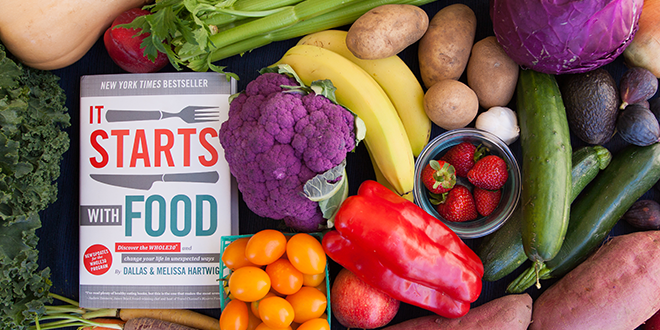They cite two sources here. A study done on human intestinal cells in vitro (they exposed intestinal cells in a petri dish to carrageenan) and the World Health Organizations (WHO) Food Additives Series #59 - Safety evaluation of certain food additives and contaminants [16,17]. Neither of them offers data that would support the conclusion that “carrageenan is inflammatory if it gets into the body”. The piece that is missing from ISWF is context about what dose would be needed to see these inflammatory effects. As I’ve stated before in previous posts, if you drink enough water in a short timeframe it will kill you dead. The dose makes the poison.
The WHO report states that the No Observable Effect Level (NOEL) (for non-newborns) of carrageenan is 750 mg/kg of bodyweight per day. NOEL is the greatest amount of a substance you can be exposed to without it causing harm. For a 155 lb. (70 kg) person, 750 mg/kg is the equivalent of consuming 52.5 grams a day [17]. Compare that to the average Joe/Jane's intake of 30 to 50 milligrams a day, roughly 0.1% of the NOEL level.
Whole30
“Carrageenan is actually used to create inflammation in lab animals [16,17].”
Not quite. As the WHO report states [17]:
“Poligeenan has been widely used as an inflammatory and adjuvant agent in experimental models for investigation of immune processes.”
Poligeenan is often referred to as “degraded carrageenan” and is not allowed in food production. The WHO report notes that high-quality food-grade carrageenan did not induce inflammation in animal testing [17].
Whole30
“In the digestive process, carrageenan may be broken down into components that can cross even a healthy gut barrier [16,17].”
The implications here are that intact carrageenan can be broken down into degraded carrageenan in the stomach which can then harm the gut/your health. This has not been substantiated by the current body of evidence. Referring back to the WHO report originally cited [17]:
“…the Committee concluded that such breakdowns [of carrageenan] is probably of limited toxicological significance since, if native carrageenan were sufficiently degraded to cause ulceration or tumor growth, this would be detected in feeding studies.”
The European Commission's Scientific Committee on Food also reviewed the use of carrageenan and concluded the following [18]:
“On the issue of degraded carrageenan, while there is no evidence of any adverse effects in humans from exposure to food-grade carrageenan, or that exposure to degraded carrageenan from use of food-grade carrageenan is occurring, the Committee nevertheless proposes the specification for food-grade carrageenan to be tightened in order to ensure that the presence of any degraded carrageenan is kept to a minimum.”
“On the issue of undegraded carrageenan, the Committee agreed with the conclusions of the recent JECFA review that intakes of carrageenan and processed Eucheuma seaweed from their use as food additives were of no concern (JECFA, 2002).”
Unnecessarily scaring people over harmless food additives like MSG is a tried and true tactic. It has worked wonders for charlatans like the Food Babe and made her a pretty penny. But whenever people start hollering about how this or that food additive will give you face cancer, I’m reminded of a joke I heard once (can’t remember where).
A patient walks into his doctor's office.
Patient: “Doctor, I’m worried that the polychlorinated biphenyls (PCBs) in my salmon are destroying my health!”
Doctor: “You should stop smoking.”
THE scienciness SCALE
Scienciness Categories
True (4 Points) – true statements
Mostly True (3 Points) – where the bulk of the claim is factually accurate
Misleading (2 Points) – where statements are presented out of context
Mostly False (1 Point) – where the bulk of the claim is factually inaccurate
False (0 Points) – false statements
Results
7 Statements Evaluated
9 Out of 28 Possible Points Earned
32.14% Overall Factual Accuracy

